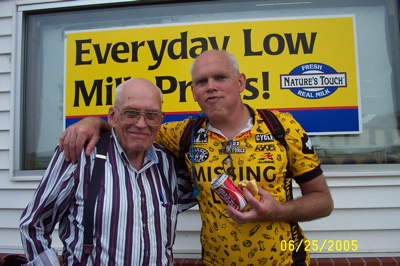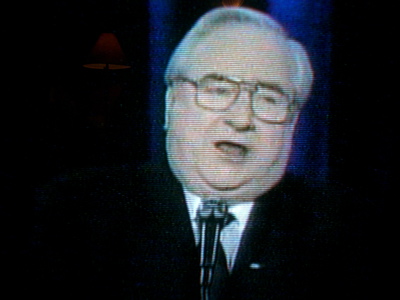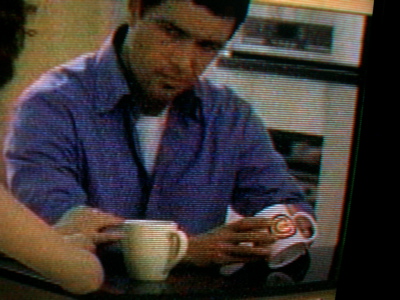Just after New Year’s, I got an email from a former colleague. The subject line carried the sender’s name and said, “Do Not Delete.” I recognized the name — we’ll call him Stephen, since that’s his name — though it’s been years, I think, since I last saw him. His message asked for my home address so that he could mail me something. He was a little cryptic about what it might be, saying only that it wasn’t what his mother hoped he’d been sending. (What his mother hopes for, I’m guessing, is a wedding announcement.)
I let the email sit there for a day or two before replying. I sent him my home address, which is publicly available for anyone who wants to spend 10 seconds looking for it, along with a 23-word greeting. Why did I reply? What was I expecting?
I was curious. What was it my non-bosom-pal Stephen wanted to share with me? Maybe he was inviting some old acquaintances to a party of some kind; nothing extraordinary in that. Maybe he had just found out he was terminally ill and wanted to bid his friends goodbye (I’ve never shaken off the shock of getting a flyer in the mail announcing the memorial service for a friend I hadn’t seen for awhile and hadn’t known was dying). Maybe he’d won the lottery and would be showering those most dear to him (me?!) with surprise checks (that’s what I’d have done if I won — I’m sure of it). I didn’t think about it too hard, though, and by the time a big manila envelope from Stephen arrived in the mail last week, I had more or less forgotten about it.
Here’s what was inside:
A one-page letter from Stephen talking about how, after 15 years as a writer and editor, he had changed careers a couple of years ago and gone into real-estate sales. You can probably guess what came next: He talked about how rewarding and challenging his new line of work was. He cleared $6 million in sales last year. And now, he wanted to reach out to his wide circle of buddies and semi-buddies to spread the good news and ask for referrals, either directly from us or from anyone we know who might be contemplating a real-estate deal. For our convenience, he had enclosed his business card.
I’ve got to say this: The letter has as much class as any of its kind can have; which is to say, not much. It was well thought out. It was nicely crafted. It had a friendly tone (I’d quote it, but the message seems to have found its way into the recycling). But at its heart — the mysterious email, the group letter personalized with the salutation “Hi, Brekke!” scrawled at the bottom — the effort was still crass, right out of some playbook on how to “leverage” friends and family as part of creating a successful business enterprise: “I know and like you. You know and like me. I’m in a new business now. Won’t you let me sell you my service? It’ll help you as much as me.”
Don’t get me wrong. First, I’d feel different if I were dealing with someone I’m close to. With a real relationship in place, I certainly wouldn’t resent the suggestion that I might consider using a service, and chances are I’d try to figure out a way to help. Second, I don’t have anything against people who make their living in a tough, unforgiving profession. Sales is brutally direct in its feedback on your product and performance. To do well at it requires a combination of knowledge, preparation, endurance, optimism and perhaps charm with which I, for one, have not been abundantly blessed. Third, I don’t dismiss the advantages of engaging someone you know and trust to help with a daunting business transaction. I got an attorney who played on one of my old softball teams to help Kate and me when we bought our house in the late ’80s. And the last time I wanted to refinance the (same) house, I looked up a former colleague from my last news gig who has since become a mortgage broker.
Would I have gone to either guy if they had first let me know beforehand, the way Stephen did, that they viewed our acquaintance as a sales opportunity? I can’t say for sure, though it’s clear that I have a low tolerance for marketing. For me, the difference is that the only marketing either the lawyer or the mortgage banker did was to be themselves; and until I initiated a conversation about doing business, I never got the feeling either one of them saw me as a potential source of income or our relationship as a resource to be monetized.





